How Your Diet Affects Your Hair: A Complete Guide
Maintaining healthy, vibrant hair is a goal for many, and while genetics play a role, the impact of diet is often underestimated. At hairy.cartlab.web.id, we understand the crucial connection between what you eat and the condition of your hair. From luscious locks to brittle strands, your dietary choices significantly influence the health and appearance of your crowning glory. This comprehensive guide will explore the intricate relationship between nutrition and hair health, providing you with the knowledge to nourish your hair from the inside out. We’ll delve into the essential nutrients, the foods to include (and avoid!), and how to create a diet that promotes strong, shiny, and beautiful hair.
Your hair, much like your skin and nails, is a reflection of your overall health. Understanding the nutritional building blocks required for healthy hair growth is paramount. Many factors contribute to hair health, but diet is arguably the most controllable. By making informed choices about your nutrition, you can significantly improve the strength, shine, and overall appearance of your hair. This guide will provide you with the tools and knowledge to make those crucial dietary adjustments.
This article will serve as your ultimate resource for understanding the complex relationship between your diet and your hair’s health. We will explore the role of various nutrients, discuss dietary recommendations, and offer practical advice on how to incorporate these changes into your daily routine. Get ready to embark on a journey to healthier, more vibrant hair!
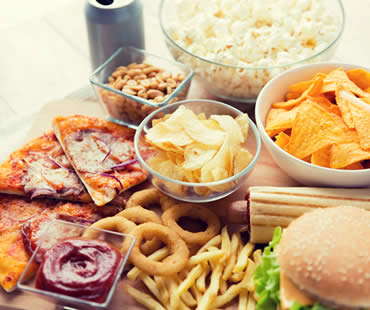
The Role of Protein in Hair Growth
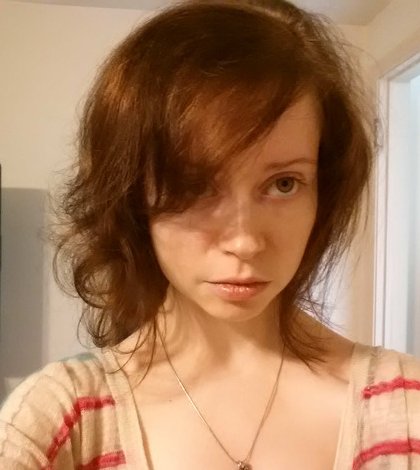
Hair is primarily composed of a protein called keratin. Therefore, consuming sufficient protein is fundamental to healthy hair growth. A deficiency in protein can lead to thinner, weaker hair, and even hair loss. Good sources of protein include:
- Lean meats: Chicken, turkey, fish (especially salmon, rich in omega-3 fatty acids which also benefit hair health).
- Eggs: An excellent source of protein and biotin, another crucial nutrient for hair growth.
- Legumes: Lentils, beans, and chickpeas are plant-based protein powerhouses.
- Dairy products: Greek yogurt, cheese, and milk provide protein and other essential nutrients.
- Nuts and seeds: Almonds, chia seeds, and flaxseeds offer protein and healthy fats.
Aim for a balanced intake of protein throughout the day. The recommended daily allowance varies depending on factors such as age, activity level, and overall health, but consulting a nutritionist or dietitian can help determine your individual needs. Remember, protein isn’t just about quantity; it’s also about quality. Opt for lean protein sources and limit processed meats.
The Importance of Iron for Hair Health
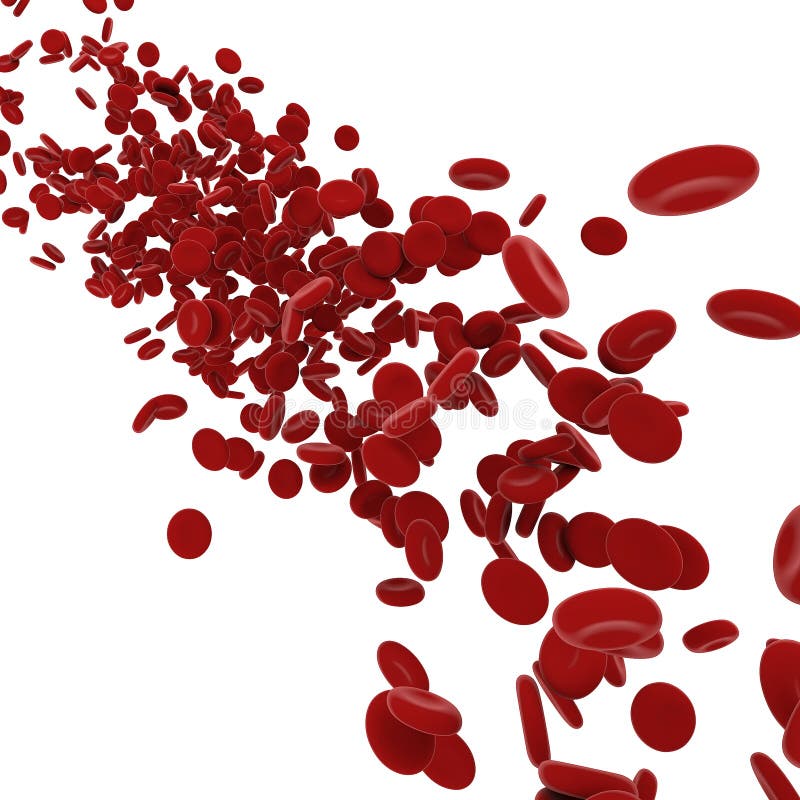
Iron is a vital component of hemoglobin, a protein in red blood cells that carries oxygen throughout the body. Without sufficient iron, your hair follicles may not receive enough oxygen, leading to hair loss or stunted growth. Iron deficiency anemia is a common cause of hair thinning and breakage. Excellent sources of iron include:
- Red meat: A rich source of heme iron, which is more readily absorbed by the body than non-heme iron.
- Leafy green vegetables: Spinach, kale, and collard greens are good sources of non-heme iron. Pairing these with vitamin C-rich foods enhances iron absorption.
- Legumes: Lentils, beans, and chickpeas contain non-heme iron.
- Fortified cereals and grains: Check labels for iron content.
- Dried fruits: Apricots and raisins are good sources of iron.
If you suspect you have an iron deficiency, it’s crucial to consult a doctor for proper diagnosis and treatment. Supplements may be necessary, but it’s always best to address nutritional deficiencies through a balanced diet first.
Vitamins and Minerals for Strong, Shiny Hair

Beyond protein and iron, several vitamins and minerals play crucial roles in hair health. These include:
- Vitamin A: Promotes sebum production, which keeps your scalp and hair moisturized. Good sources include sweet potatoes, carrots, and spinach.
- Vitamin C: An antioxidant that protects against free radical damage, contributing to healthy hair growth. Citrus fruits, berries, and bell peppers are excellent sources.
- Vitamin D: Studies suggest a link between vitamin D deficiency and hair loss. Sunlight exposure and fatty fish are good sources.
- Vitamin E: Another antioxidant that protects hair follicles from damage. Nuts, seeds, and avocados are rich in vitamin E.
- Biotin (Vitamin B7): Crucial for keratin production. Eggs, nuts, and sweet potatoes are good sources.
- Zinc: Essential for cell growth and repair. Oysters, red meat, and nuts are good sources.
A well-balanced diet rich in fruits, vegetables, whole grains, and lean proteins will typically provide sufficient amounts of these vitamins and minerals. However, if you have concerns about potential deficiencies, consulting a healthcare professional is recommended.
The Impact of Hydration on Hair Health

Water is essential for overall health, and its impact on hair health is significant. Proper hydration keeps your scalp and hair follicles moisturized, preventing dryness, breakage, and dullness. Dehydration can lead to brittle hair that is more prone to damage.
Aim to drink plenty of water throughout the day. The exact amount varies depending on individual factors, but generally, aiming for at least eight glasses of water per day is a good starting point. You can also increase your water intake by consuming hydrating foods like fruits and vegetables with high water content, such as watermelon, cucumbers, and oranges. If you struggle to drink enough water, try carrying a reusable water bottle and setting reminders throughout the day. Remember, maintaining proper hydration is a vital component of a healthy hair care routine.
Foods to Include and Avoid for Healthy Hair
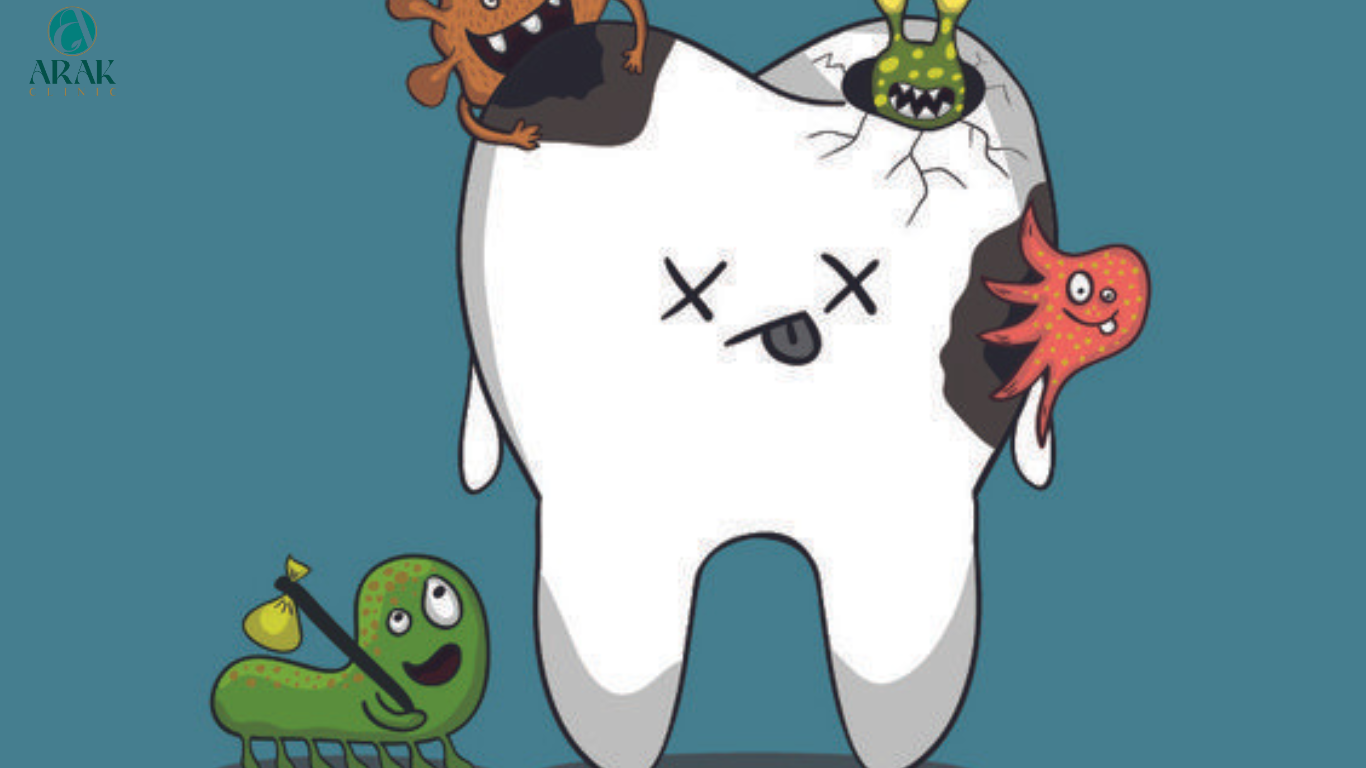
Building a diet that promotes healthy hair involves both including beneficial foods and limiting those that can be detrimental.
Foods to include:
- Oily fish: Rich in omega-3 fatty acids, crucial for scalp health and hair growth. Consider salmon, mackerel, and sardines. If you’re looking for a stylish hairstyle for a night out, check out our article on “7 Hairstyles That Are Perfect for a Night Out” at hairy.cartlab.web.id/7-hairstyles-that-are-perfect-for-a-night-out.
- Sweet potatoes: Excellent source of beta-carotene, which the body converts to vitamin A.
- Berries: Packed with antioxidants that protect against free radical damage.
- Leafy greens: Rich in iron, vitamins A and C.
- Nuts and seeds: Good sources of protein, healthy fats, and various vitamins and minerals.
- Eggs: Excellent source of protein and biotin.
- Whole grains: Provide essential nutrients and fiber.
Foods to limit or avoid:
- Processed foods: Often lack essential nutrients and can contribute to inflammation.
- Sugary drinks and snacks: Can lead to hormonal imbalances and inflammation, potentially impacting hair health.
- Excessive alcohol consumption: Can dehydrate the body and interfere with nutrient absorption.
- Foods high in saturated and trans fats: Can contribute to inflammation and damage hair follicles.
For those planning a beach wedding and looking for the perfect hairstyle, check out our guide on “8 Hairstyles for a Beach Wedding: The Ultimate Guide” at hairy.cartlab.web.id/8-hairstyles-for-a-beach-wedding-the-ultimate-guide. Choosing the right hairstyle complements a healthy diet in achieving stunning hair.
If you’re interested in adding a touch of color to your healthy hair, you might enjoy our article on “Soft Pastel Hair Colors for a Dreamy Look” at hairy.cartlab.web.id/soft-pastel-hair-colors-for-a-dreamy-look.
Conclusion
Your diet plays a significant role in the health and appearance of your hair. By focusing on a balanced diet rich in protein, iron, vitamins, minerals, and healthy fats, you can nourish your hair from within and promote strong, shiny, and vibrant locks. Remember to stay hydrated and limit the consumption of processed foods, sugary drinks, and excessive alcohol. This comprehensive guide provides a foundation for understanding the intricate connection between nutrition and hair health. For more detailed information and personalized advice, consult with a healthcare professional or registered dietitian. Continue your journey to healthier hair by visiting How Your Diet Affects Your Hair: A Complete Guide for further resources and tips.
External Authority Links: (Please replace these with actual relevant links)
- [Link to a reputable article on the role of protein in hair growth from a medical journal]
- [Link to a study on the impact of iron deficiency on hair loss]
- [Link to a credible source on the benefits of antioxidants for hair health]
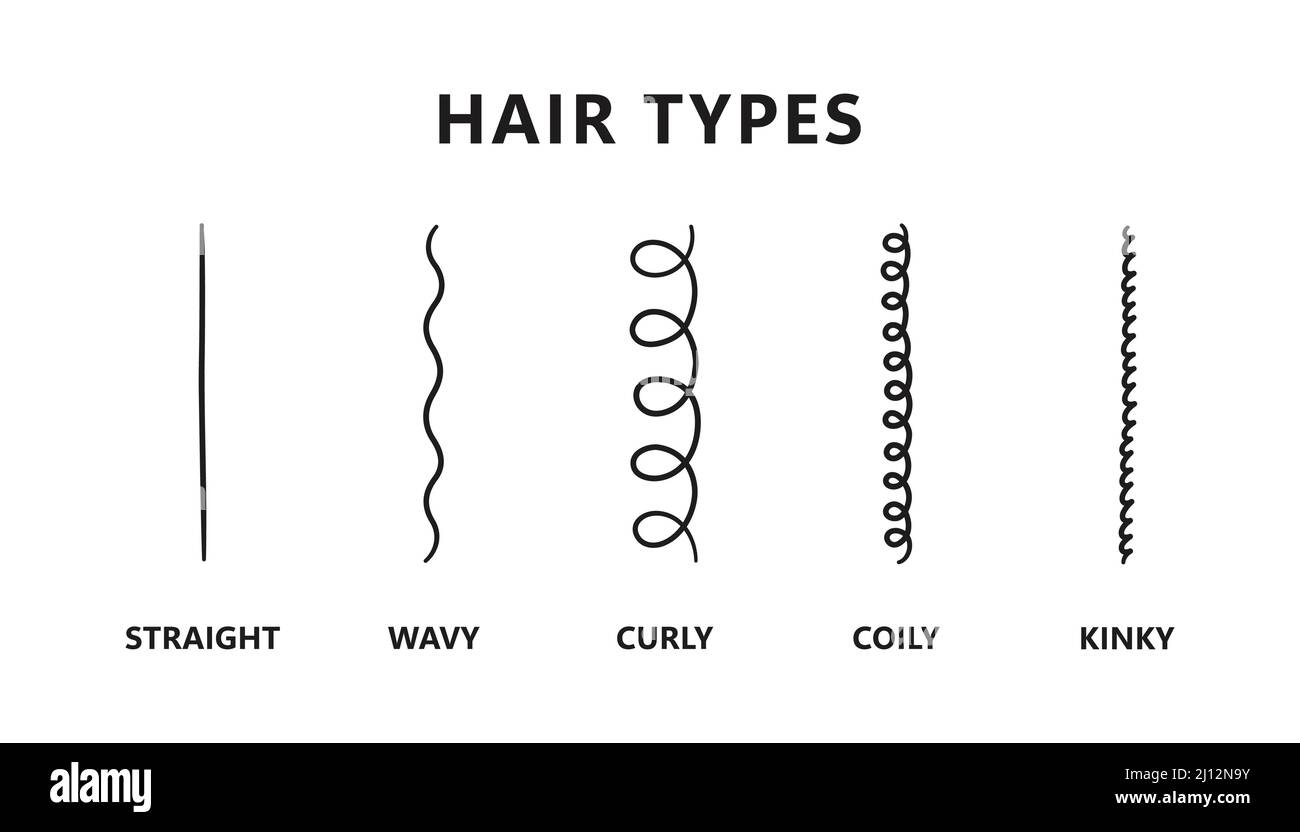





Comments